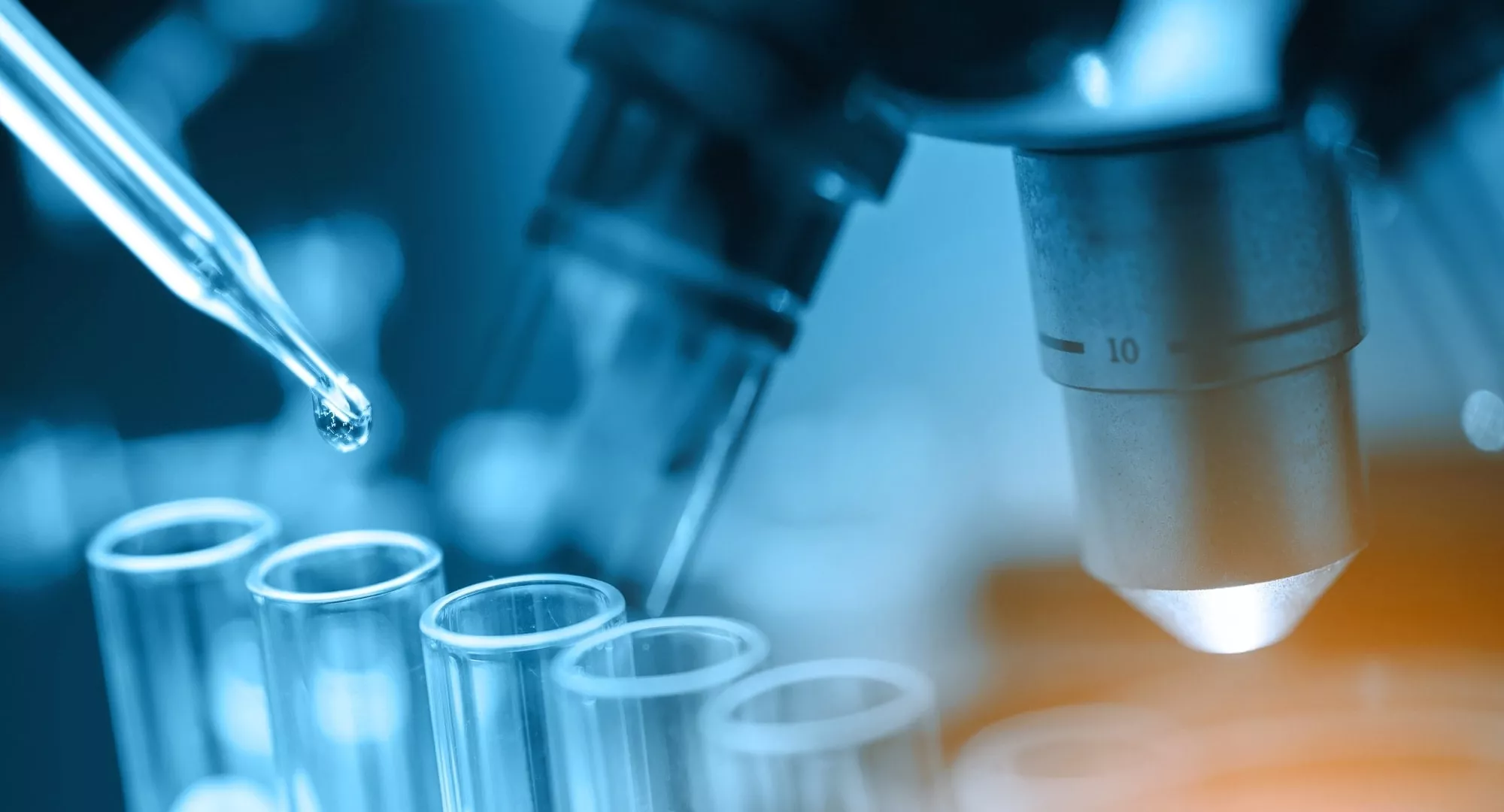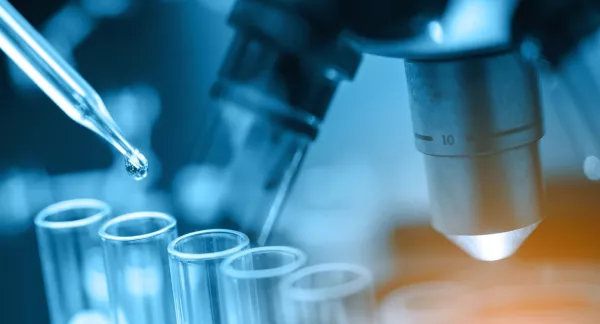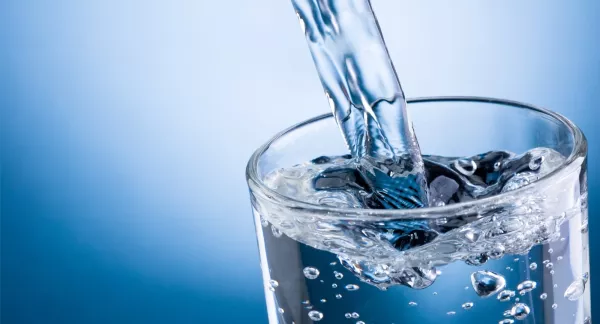
Role of Retention Time in the Environmental Buffer of Indirect Potable Reuse Projects
Abstract
In many regions experiencing water scarcity, there is increasing interest in water reuse offering opportunities to augment local drinking water supplies with highly treated recycled water. Indirect potable reuse (IPR) is referred to as the intentional augmentation of drinking water supplies with recycled water via an environmental buffer such as a surface water body (e.g., surface water reservoir) or a groundwater aquifer. An environmental buffer provides retention time which can serve two purposes: (1) provide time to respond to potential treatment failures or upsets and (2) allow an additional opportunity for attenuation of microbial and chemical contaminants. This study focused on managed aquifer recharge (MAR) with recycled water. It developed relationships between the removal of microbial contaminants (e.g., bacteria, protozoa, viruses) and attenuation of chemical contaminants (e.g., pharmaceutical residues, personal care products, household chemicals) and retention time, system characteristics, and operating conditions to provide better guidance for design and operation of MAR systems.
Originally funded as WERF project Reuse-10-05.

